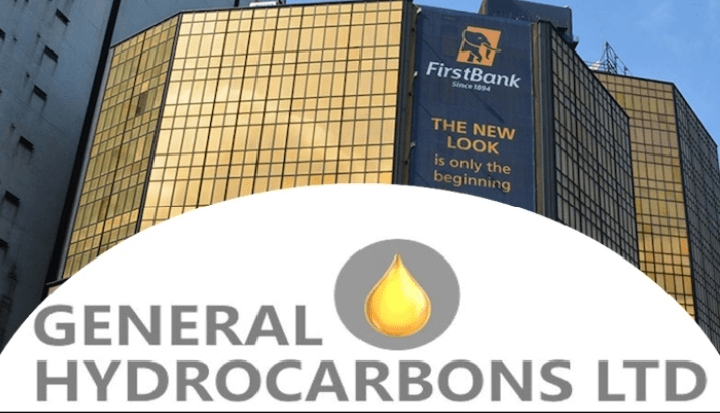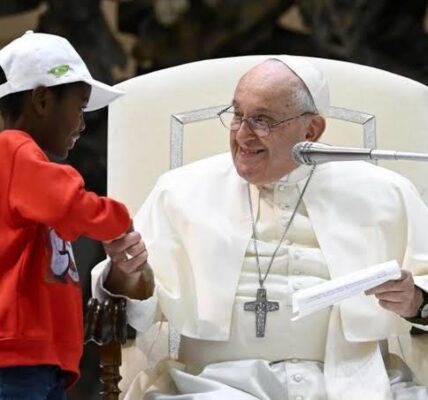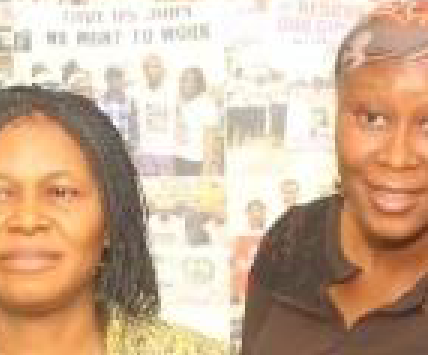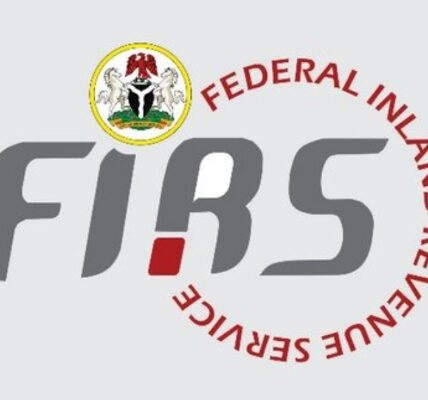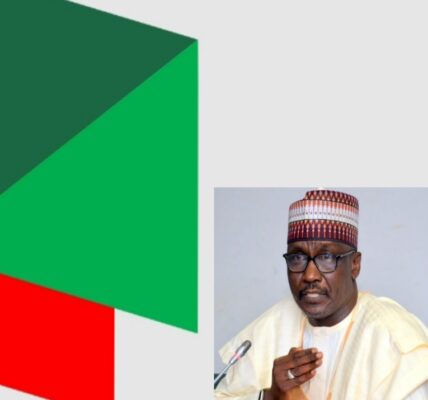General Hydrocarbons Limited Denies Owing First Bank of Nigeria $225 Million
This post has already been read 2489 times!
In a recent statement, General Hydrocarbons Limited (GHL) has vehemently denied allegations of owing First Bank of Nigeria (FBN) $225 million.
The statement, signed by Abdelmuizz Bello, Director of Strategy & Operations at GHL, provides a detailed breakdown of the issues in dispute between GHL and FBN.
According to the statement, GHL entered into a legally binding Subrogation Agreement with FBN on May 29, 2021. The agreement stipulated that FBN would fund GHL’s exploration, production, and development of OML 120 in exchange for sharing profits from oil proceeds in a 50:50 ratio after statutory payments and taxes over eight years.
However, GHL alleges that FBN failed to meet its agreed-upon financial commitments, resulting in critical challenges for the development of OML 120. Despite disbursing $185 million, FBN’s disbursement process was often delayed, lasting up to 70 days after funding requests. This led to massive losses in day rates and downtimes, resulting in inefficiencies and losses of over $147 million.
General Hydrocarbons Limited also emphasized that FBN’s credit and risk team verified and approved all contracts and invoices due to contractors engaged for the development and operations of the oil mining lease. Payments were made directly by FBN to these contractors and service providers, rendering allegations of diversion “befuddling and without merit.”
The statement further noted that the disbursed loan of $185 million is not due for repayment, as it is still within the moratorium period as per the Facility and Tripartite Agreements. The loan is only due when there are profits to be shared 50:50 from commercial oil production.
GHL accused FBN of attempting to bully and force GHL out of the transaction, using its directors and other proxies to induce a crisis.
GHL is seeking to exercise its options under the agreement to find new lenders and partners that can efficiently and cost-effectively save the project for Nigeria.
The statement concluded by emphasizing that GHL has obtained injunctions against FBN, restraining the bank from obstructing or preventing GHL from obtaining necessary funding for OML 120.
Despite this, FBN obtained an interim Mareva injunction restraining GHL and its shareholders from operating their accounts over the purported debt. GHL views this as an abuse of the court process and is seeking justice.
As the situation unfolds, it remains to be seen how the dispute between GHL and FBN will be resolved. One thing is certain, however: GHL is determined to protect its interests and ensure that justice is served.

